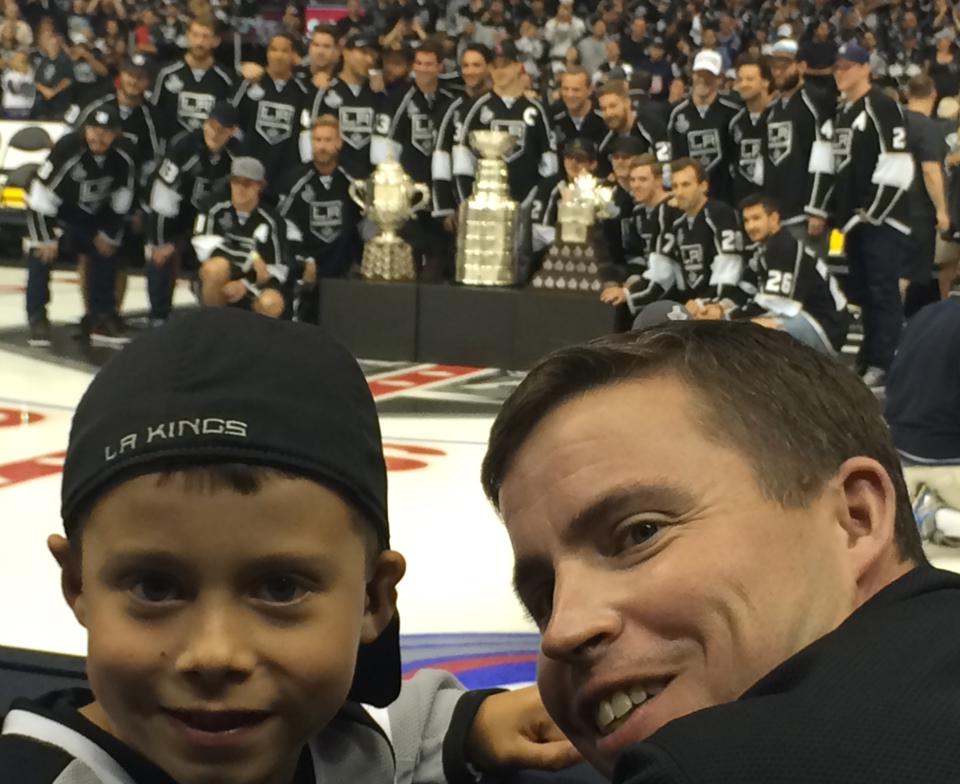by Chase Jolesch – August 2014 In the last five years, colleges have started outbound ticket sales centers modeled after professional sports. After spending nearly three and a half years working with the San Francisco 49ers and Legends Premium Sales, I received the opportunity to go back to my alma mater and start an outbound…Continue Reading Three things I’ve learned in starting a new collegiate ticket sales center
Three things I’ve learned in starting a new collegiate ticket sales center

